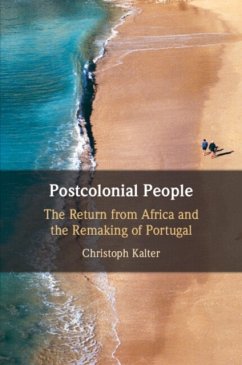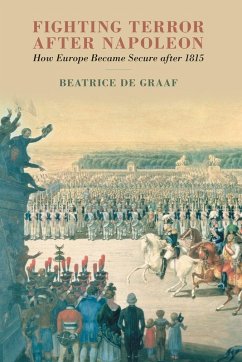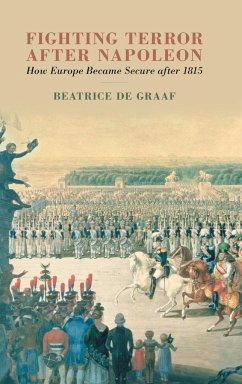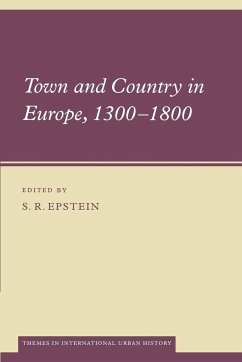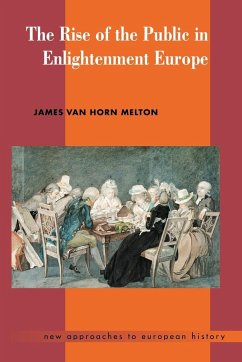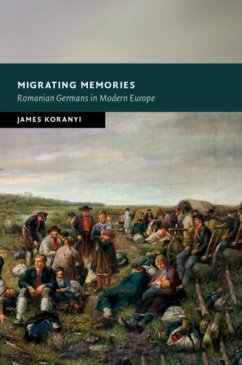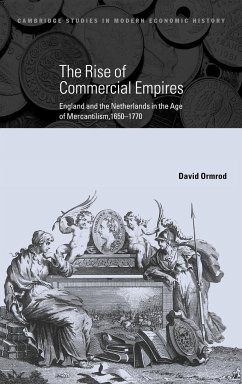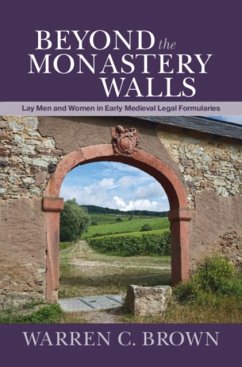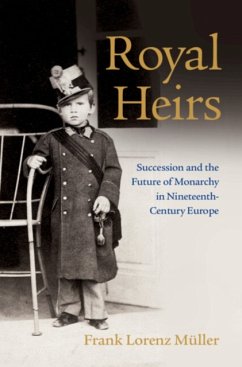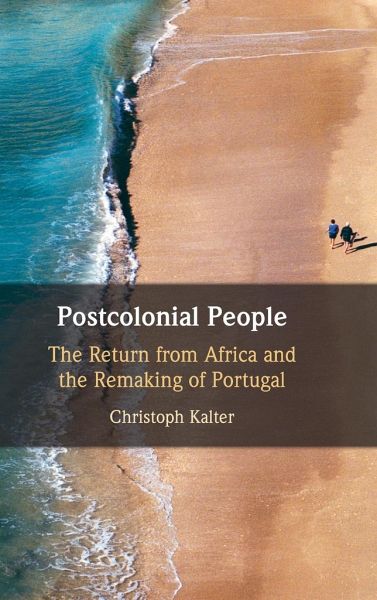
Postcolonial People
Versandkostenfrei!
Versandfertig in 1-2 Wochen
110,99 €
inkl. MwSt.
Weitere Ausgaben:

PAYBACK Punkte
55 °P sammeln!
Having built much of their wealth, power, and identities on imperial expansion, how did the Portuguese and, by extension, Europeans deal with decolonization? Postcolonial People explores the processes and consequences of decolonization through the histories of over half a million Portuguese returnees.





